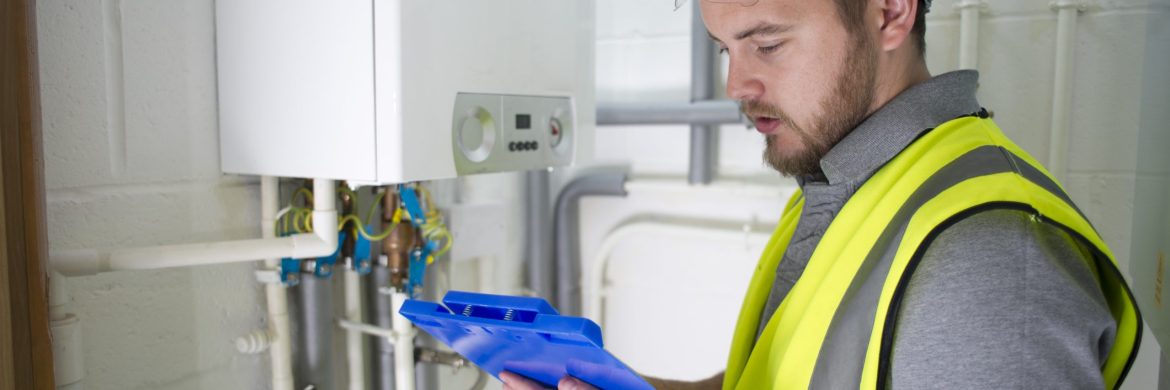Why legionella awareness is key to tackling outbreaks
01 March 2024 Blogs
Legionella continues to dominate the news and every year hundreds of cases of Legionnaires’ Disease are reported in the UK alone. The World Health Organization reports that “the death rate may be as high as 40–80% in untreated immuno-suppressed patients [but] can be reduced to 5–30% through appropriate case management and depending on the severity of the clinical signs and symptoms. Overall the death rate is usually within the range of 5–10%.”
A recent outbreak at a plastics manufacturing company in West Bromwich resulted in five members of the public becoming infected with Legionnaire’s Disease after Legionella bacteria grew in their water cooling towers and pipes. One of the five people infected was taken to intensive care and put on a ventilator after being infected – highlighting just how serious the disease can be. The company were subsequently investigated by the HSE and fined £50,000 and ordered to pay £11,000 in costs. Further information on the news story can be found here.
What is the fine for legionella in the UK?
Due to outbreaks such as these, The Health & Safety Executive (HSE) is extremely active, and regularly goes ahead with criminal prosecutions against those failing to adhere to the law. Sanctions and prosecutions vary but will occur if the law isn’t adhered to, and in extreme cases can even result in imprisonment.
One of the largest fines of £1.8m was given to G4S Cash Solutions (UK) after they failed to maintain their water systems in compliance with the Health and Safety at Work Act, Management of Health and Safety at Work Regulations 1999, Control of Substances Hazardous to Health Regulations 2002, and ACOP L8, the Health and Safety Executive’s approved code on the control of Legionella in water systems.
What are the symptoms of Legionnaire’s Disease?
The early symptoms of Legionnaires’ disease are similar to those of the common flu and include muscle aches, tiredness, headaches, dry cough and fever. Some make a full recovery but there is increasing evidence that long term symptoms for many will include breathlessness, fatigue and impact on the neurological and neuromuscular system.
Does my business need to be concerned about legionella?
Legionella can be found in any premises/water system. Along with potentially fatal consequences, a Legionella outbreak can have serious legal and financial implications for an organisation/individual. It is recommended that anyone responsible for a facility or maintaining a water system has an awareness of legionella at the very least.
Some industries/water systems may be more at risk, such as:
- Healthcare settings i.e. Hospitals, nursing and care homes
- Evaporative cooling systems
- Spa pool systems
- Older, larger and complex hot and cold water systems
- Industrial and manufacturing water systems
Building and business owners and managers are responsible for their work premises under;
- Health and Safety at Work Act 1974 (sections 2, 3, 4)
- Control of Substances Hazardous to Health (COSHH) Regulations 2002 (Regulations 6,7,8,9 &12)
- Management of Health and Safety at Work Regulations 1999
It is their principal legal responsibility to uphold a duty of care, ensuring the safety of your business, properties, and water systems by guarding against potential legionella growth and disseminating/inhalation of water aerosols.
The Health and Safety Executive’s Approved Code of Practice (ACoP) L8 serves as a crucial guideline for preventing and controlling legionellosis in water systems. This document holds a unique legal status, making employers susceptible to prosecution, fines, or even imprisonment if it is demonstrated that the relevant provisions of the Code were not adhered to.
Legionella Awareness training in-line with ACoP L8
Develop Training provides a range of Legionella awareness and more advanced training courses to reduce the risks associated with Legionella bacteria and support compliance with the L8 Approved Code of Practice (ACoP).
Our Legionella and ACoP L8 Awareness course covers a background on legionella and the risks it offers, introduces water systems, legal requirements and controls including risk assessment, management pathways, ACOP L8/HSG274 and monitoring / maintenance duties for hot and cold water systems.
An awareness of Legionella (as a minimum) is needed for those who implement and monitor precautions such as little used outlet flushing and temperature monitoring. The more informed your workforce is on the dangers associated with legionella bacteria and the conditions under which they thrive, the more competent individuals will be in taking preventative action and recognising warning signs.
To view the full list of available Water Systems & Legionella training offered by Develop, click here: https://www.developtraining.co.uk/training/estates-and-facilities-management/water-systems-legionella/
Contact us
If you have any questions or are unsure which training course is right for you, please contact our Customer Service team on 0800 876 6708 or email enquiries@developtraining.co.uk














